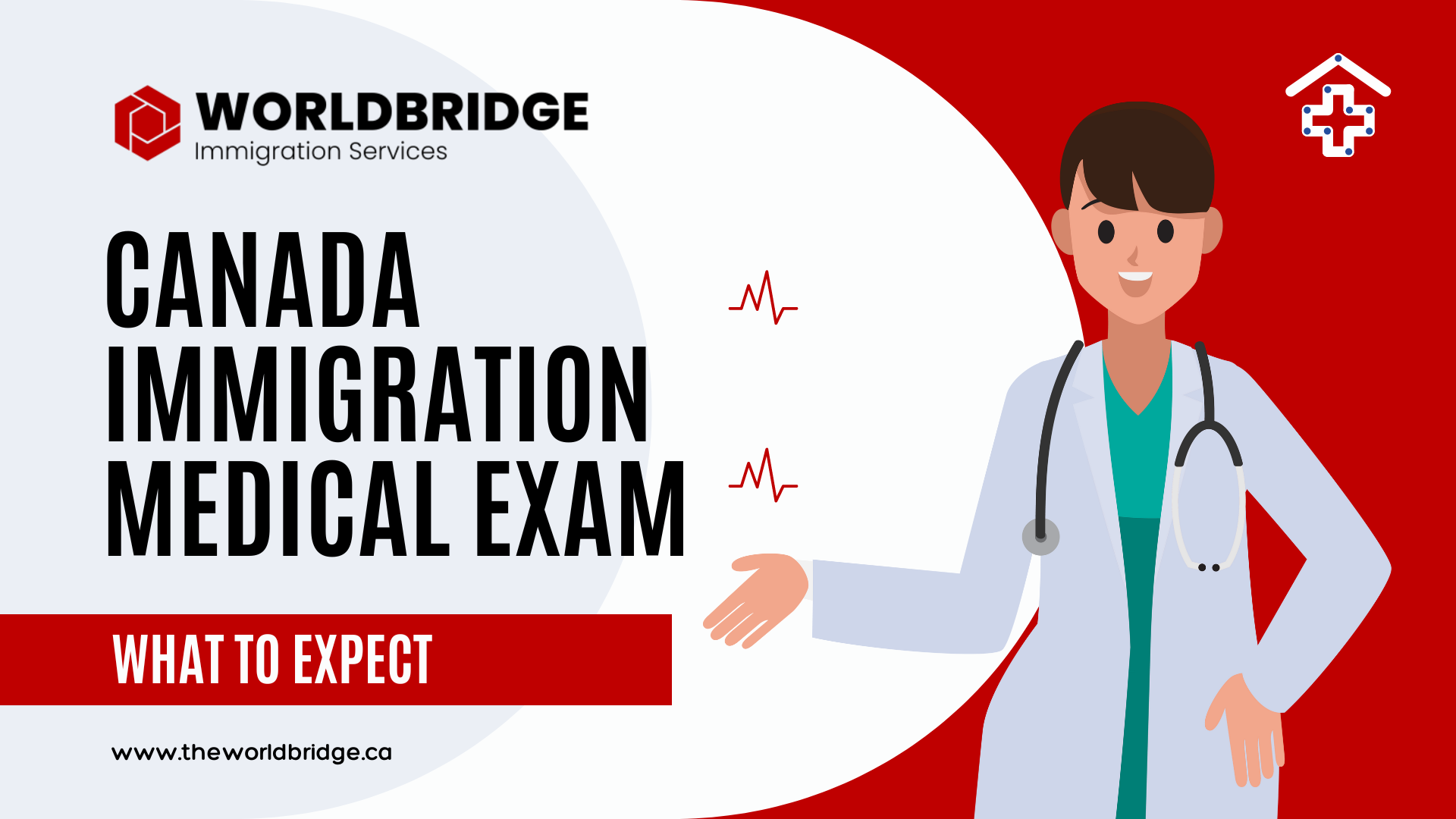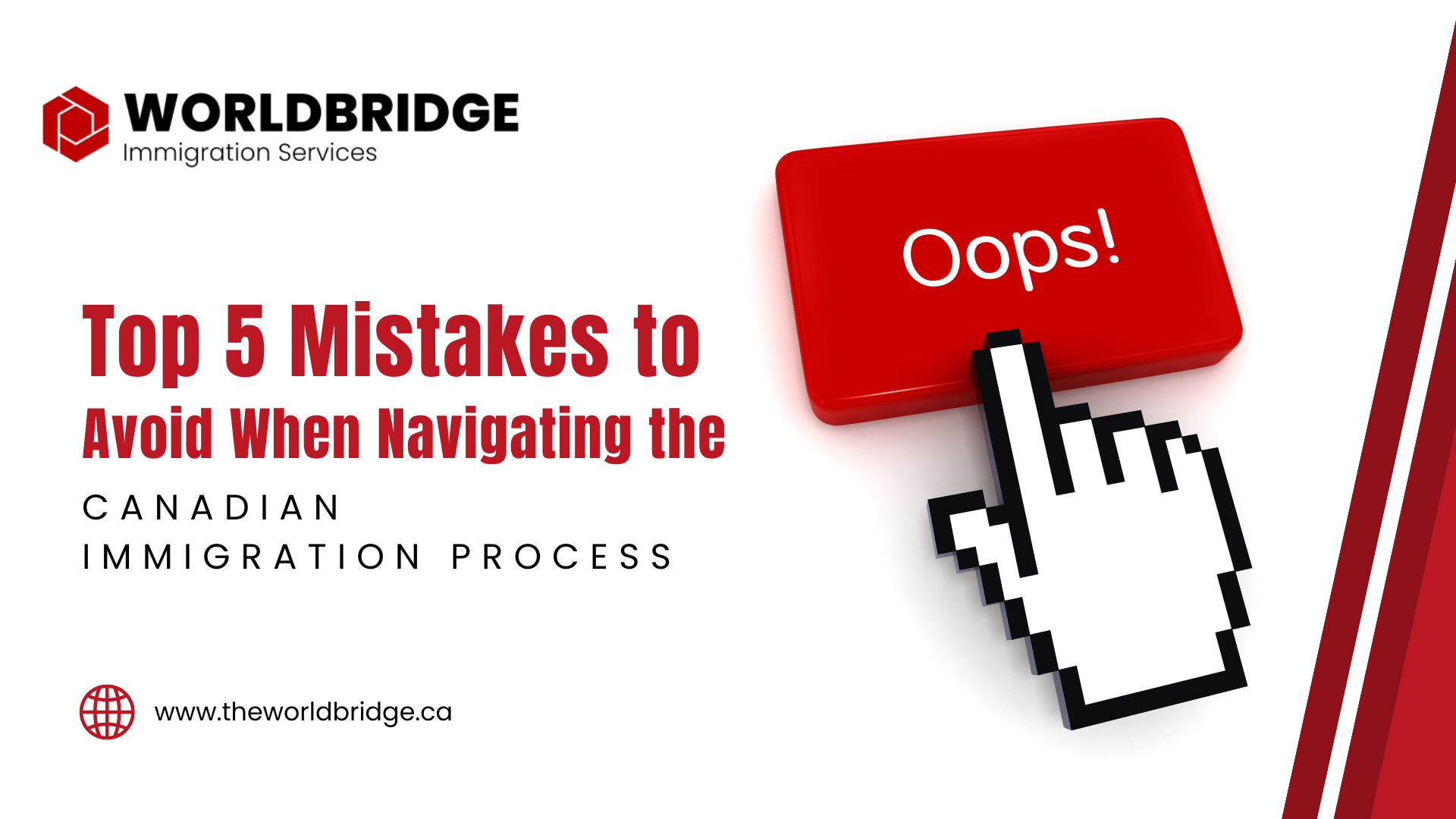Today, we delve into a crucial aspect of Canadian immigration: the medical examination. Aspiring immigrants often wonder about the medical conditions that might affect their admissibility to Canada. It’s essential to understand the requirements and processes involved in ensuring medical admissibility to Canada. Before being granted permanent residency in Canada, individuals must fulfill certain conditions, including meeting medical admissibility criteria. This means having no medical condition that could endanger the Canadian population. Whether you’re applying for study, work, or permanent residency in Canada, meeting medical inadmissibility rules is paramount. There are three primary reasons for medical inadmissibility: 1. Danger to Public Health: Having a contagious disease or condition that poses a risk to Canadians. 2. Danger to Public Safety: Possessing a mental health condition that could lead to violent behavior, endangering others. 3. Excessive Demand on Health and Social Services: Having a medical condition that would strain Canada’s healthcare system. When applying for residency, all members of your nuclear family, including your spouse and children, must undergo a medical examination. Even if family members aren’t accompanying you immediately, they might join you later, posing a potential threat if they have undiagnosed medical conditions. It’s crucial to note that only panel physicians approved by IRCC can conduct medical examinations. You cannot visit any doctor or private clinic for this purpose. For those applying through express entry, there’s an option to undergo upfront medical examinations before or after submitting the application. However, opting for an upfront medical examination shortens the validity period for traveling to Canada after receiving confirmation of permanent residency. The cost of medical examinations can be significant, varying by country. For example, in Kenya, the medical examination cost for permanent residency is substantial. It’s essential to plan accordingly, considering the expense involved, especially since there are no refunds if your application is unsuccessful. The types of medical examinations required depend on age: 1. 0-4 Years Old: Physical examination, checking weight, height, pulse rate, blood pressure, hearing, vision, heart and lung health, and breathing. 2. 5-10 Years Old: Physical examination, plus urinalysis. 3. 11-14 Years Old: Physical examination, urinalysis, and chest x-ray for tuberculosis. 4. 15 Years and Older: Physical examination, urinalysis, chest x-ray for TB, blood pressure check, eye checkup, and blood tests for syphilis and HIV. It’s important to note that panel physicians don’t determine admissibility; IRCC makes that decision based on medical reports. Panel physicians only conduct and submit the test results to IRCC for review. Undergoing a medical examination is a crucial step in the Canadian immigration process. It’s essential to be aware of the requirements, costs, and procedures involved to ensure a smooth application journey. Worldbridge Immigration Services can be your guide to a successful immigration to Canada. Contact us:Website: www.theworldbridge.caEmail: info@theworldbridge.caPhone/WhatsApp: +1-416-727-7766Social media: @theworldbridgeHQ
Navigating the Canadian Immigration Process: Top 5 Mistakes to Avoid
Canada, known for its diverse culture, robust economy, and high quality of life, continues to be a popular destination for immigrants seeking new opportunities. However, navigating the Canadian immigration process can be complex, and there are common pitfalls that many newcomers fall into. To ensure a smooth transition and maximize your chances of success, it’s essential to avoid these top five mistakes: 1. Choosing the Wrong Province:One of the most common mistakes immigrants make is flocking to major cities like Toronto and Vancouver without considering the implications of high living costs and fierce competition for jobs and housing. While these cities offer numerous opportunities, they also come with significant challenges. Instead, consider exploring smaller cities or provinces where the cost of living is lower, and the job market may be less saturated. For instance, Manitoba boasts affordable housing and ample job opportunities, making it an attractive option for newcomers. 2. Selecting the Wrong Program in School:Many individuals pursue higher education in Canada with the hope of obtaining permanent residency. However, selecting the wrong program can hinder your chances of achieving this goal. It’s crucial to research and choose programs that are in high demand in the Canadian job market. Fields such as healthcare, skilled trades, and engineering offer excellent prospects for employment and permanent residency. By aligning your educational pursuits with the country’s labor needs, you can enhance your prospects of success in Canada. Want to study in Canada? Worldbridge Immigration Services can help you with all your processes, from choosing the best programs to getting you to Canada. Don’t have enough to fund your study? We can also help you. Talk to us about your interest. Click here to do so. 3. Arriving in Canada Without a Plan:Some immigrants arrive in Canada with vague intentions and no clear plan for their future. This lack of direction can lead to wasted time, money, and opportunities. Before making the move, take the time to set specific goals and objectives for your time in Canada. Whether it’s advancing your career, starting a business, or pursuing further education, having a well-defined plan will help you stay focused and motivated amidst the challenges of settling in a new country. 4. Failing to Secure a Job Offer:In today’s competitive job market, arriving in Canada without a job offer can be financially risky, especially if you’re relocating with family. Without a steady source of income, you may quickly deplete your savings, putting your financial stability at risk. To mitigate this risk, make every effort to secure a job offer before immigrating to Canada. Research companies in your field, network with professionals, and leverage online job boards to increase your chances of finding employment. Having a job offer in hand will provide you with peace of mind and ensure a smoother transition to your new life in Canada. 5. Neglecting to Build a Support Network:Moving to a new country can be a daunting experience, especially when you’re far from friends and family. Neglecting to build a support network in Canada can leave you feeling isolated and overwhelmed. Take proactive steps to connect with fellow immigrants, join community groups, and seek out mentorship opportunities. Building a support network will not only provide you with valuable advice and assistance but also foster a sense of belonging and community in your new home. Navigating the Canadian immigration process requires careful planning, research, and foresight. By avoiding these common mistakes and taking proactive steps to set yourself up for success, you can make the most of your experience in Canada and achieve your long-term goals. Remember to stay resilient, adaptable, and open-minded as you embark on this exciting new chapter in your life. Let Worldbridge Immigration Services be your guide to a successful future in Canada. Contact usWebsite: www.theworldbridge.caEmail: info@theworldbridge.caPhone/WhatsApp: +1-416-727-7766Social Media: @theworldbridgeHQ




